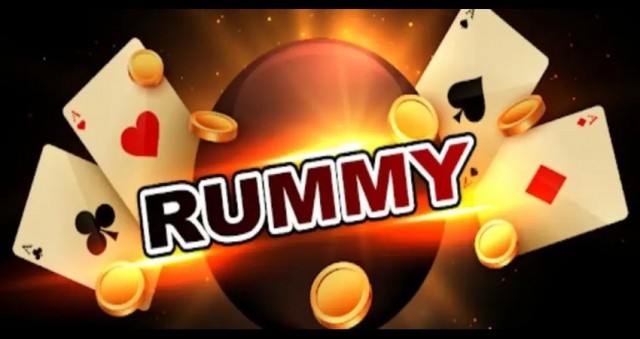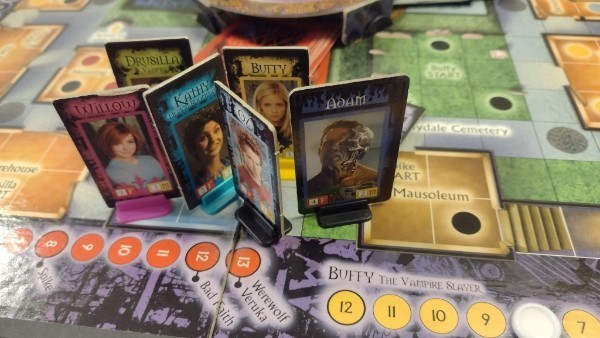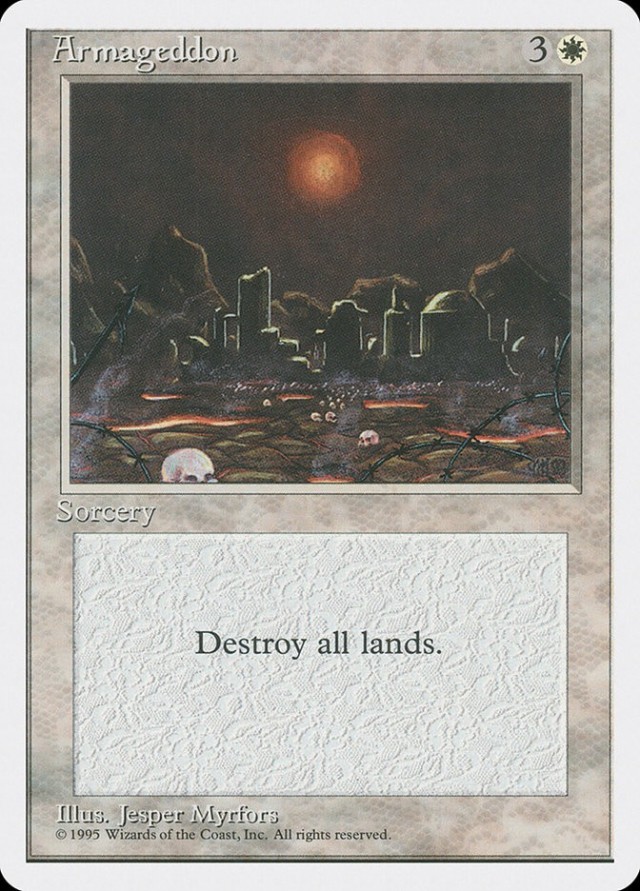Do you like negotiation in games? Wheeling and/or dealing? Basic micro-economics? Profiting from a conflict while remaining above such vulgarities yourself? Then boy, have I got a faction for you!
Enter the Riverfolk Company, the titular faction from the first expansion to Root. What they lack in brute strength, they make up for in sneakiness, fluidity, and raw opportunism.
The first thing to keep in mind is that they might not always be the right choice. It helps if you understand the opposing factions well and how they can make use of your services, and it also helps if your opponents are experienced and understand the value of additional cards. You’re going to want at least 2 opposing factions with high warrior counts in the game. Pick any two of the Marquise de Cat, Eyrie Dynasty, Lizard Cult, or Undergound Duchy. If three of the above are in the game, it’s a rare and beautiful time to set up shop on the river. Although you can craft for them, the Vagabond can hardly buy services from you at all, so I often recommend games have either the Vagabond or the Riverfolk, but not both unless it’s a 5-6 player game. I also think they’re more fun than the Woodland Alliance because they facilitate growth rather than stymie it. Marquise, Eyrie, Riverfolk is a perfectly acceptable 3 player setup.
Before the game even starts, you have to choose where to set your warriors. I usually like to pick two centrally located spots along the river and put 2 warriors in each of those spots. If chosen well, you can cut much of the map off to a Marquise player and their wood supply lines. You also have to set your prices for various services. As a general rule, I very rarely set any of the prices for services below 2; (due to the way Protectionism works on the Riverfolk player board, if no one buys your services, you get 2 of your own warriors into your payment box at the start of your turn as sort of pity points, if you set a price to 1, you run the risk of being stiffed by the rest of the table).
Cards are first up and the easiest thing to sell. If you’ve got bird card(s), let the table know and set your price to 3. Point out how much that cat player could do on his turn if he just bought a bird card from you. Nod to the Eyrie and suggest that he might want the bird card for a more flexible decree. Look at what can be crafted from your cards – in the base deck, cards like Command Warren and Cobbler give additional actions every turn, which is great for action-starved Cats, Moles, and Lizards. If no Vagabond is in the game, point out any cards that can be crafted for points early and often. If no one crafts them, do it yourself on your turn and make it clear that items will only stay on the shelf for so long.
Riverboats, which grant other players the ability to use the water lines for movement, are often a tough sell, just because it can be easy to forget that it’s an option. When you see an opportunity for someone to do additional clever moves with the ability to use your water lanes, or save themselves some actions by doing so, point it out. Most frequently, it can help an Eyrie player with a tough decree.
The main use for Mercenaries is to help people gain rule of clearings that they’d otherwise not have access to. This can go a long way towards helping an Eyrie player build roosts in different locations. You can cut off sections of the map to a Marquise player and then charge him protection money to keep the wood flowing. The Lizard Cult can get gardens in places that were previously shut off to them, etc. The big thing to keep in mind here is that to be useful as a Mercenary, you may need to spend some of your funds to place additional warriors on the board – you have to develop a board presence if you want to make your mercenaries useful.
If players are reticent to purchase services from you, for fear of their warriors being in indefinite indentured servitude to you, make agreements to build a trading post immediately and honor them early, or at least half the time. You can also agree not to attack them for a period of time, (which you probably didn’t want to do anyway). It is likely that the player in last place isn’t buying anything from you; be sure to point that out if it’s true. In Riverfolk games it’s pretty common for the winner to be whoever bought the most from them if the Riverfolk don’t win themselves.
So why play the Riverfolk if you’re just some stepping stone to another’s victory? How do you actually win for yourself? The bulk of your points will often come from building your trading posts. Building all 9 of them nets you 18 points. Note that they cannot be rebuilt. They are one of the few tokens in the game that does not go back onto your player board when destroyed. There are three other ways to get points: destroying buildings, crafting, and sitting on a pile of money.
Destroying buildings is most straightforward. Just keep an eye on the river and see if any buildings get left undefended or left with just 1 warrior. You have the unique ability to just pop up on the river at a moment’s notice and strike. Unlike the Eyrie, you can attack, recruit, move and so on in any order, which can often lead to some surprising maneuvers. Unlike the Marquise or Duchy, you can sometimes be sitting on so many actions in the form of your funds that you aren’t wrecked by bad dice rolls as much. Be advised that acting aggressively will likely sour the table on buying from you… for a time. Save your attacks for important moments and targets that can prevent your opponents from snowballing to victory.
If you’ve been having a decent game, the Riverfolk Company is exceptionally adept at crafting. Aside from the obvious ones that score you 1-3 victory points, keep an eye out for the “Favor of the ___” cards which require 3 of the same suit to craft. Although very difficult for the Marquise or Eyrie to craft, these cards can be devastating and surprising when left to a Riverfolk player. Unlike the other factions, the RC don’t have to have a significant military presence or rule to craft. They just need to build their trading posts somewhere. These Favor cards can frequently net you 3-6 points in destroyed buildings and send the Eyrie into turmoil if they put anything in that suit into Recruit.
Lastly, you can just sit on a big pile of funds. Half of any unspent funds will give you points at the start of your next turn. Although tempting to do, I find that this is both risky and inefficient much of the time. Because I’m the teacher of the game I will always point out, “hey, I’m sitting on 4 funds, that will net me 2 points if nothing is done.” And if you’ve been building your trading posts like you ought to, you’ll likely have some that are underdefended and can easily be destroyed, netting your opponent a point for removing the token and losing your action capacity. If you feign ignorance as a new player and can do this surreptitiously, or perhaps have a few well defended trading posts only in the mid-game, I highly recommend it, but be advised that drawing cards, building trading posts, and then crafting cards is likely a better move most of the time. Games with the Riverfolk in them can be more of a race than usual.
So even though the new Underworld expansion is out, I encourage everyone not to forget about the Riverfolk Company. They’re my favorite of the lower “reach” factions. They serve a similar function to the Vagabond in that they get cards out to other players, but in a way that allows for more player agency. They can also pop up in unexpected ways, much like the Woodland Alliance or Lizard Cult, but they’re limited to being close to the river, which is pretty cool thematically. Rather than be at the whims of a nocturnal ninja or angry anarchists, let your opponents feel the cold caress of the invisible hand wrap slowly around their throats.
 Games
Games How to resolve AdBlock issue?
How to resolve AdBlock issue? 


















